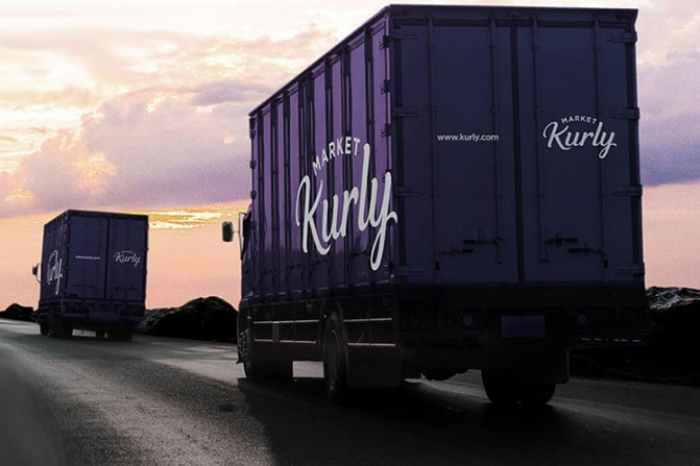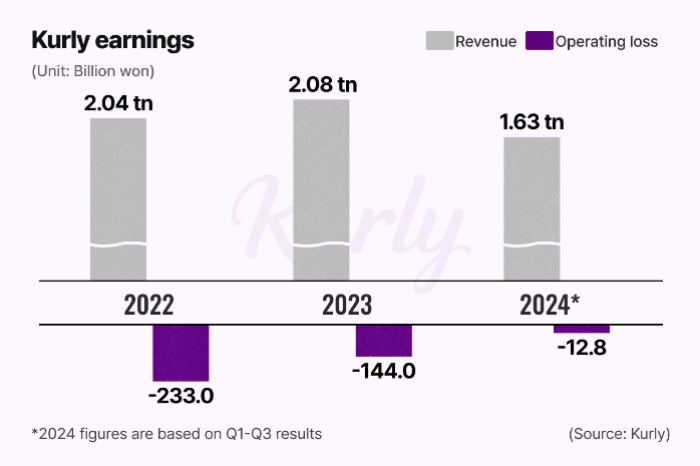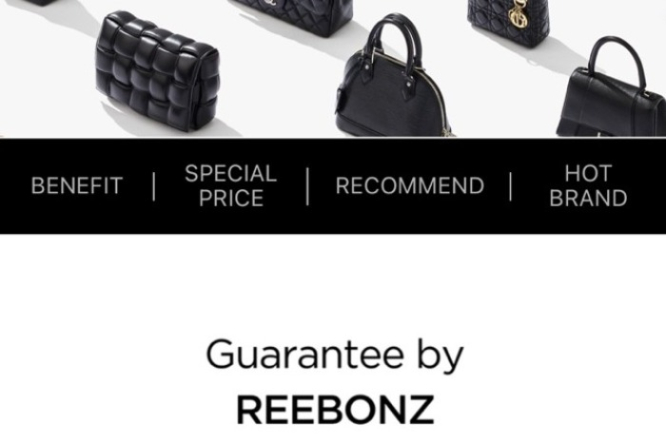
Kurly Inc. backed by US venture capital Sequoia Capital has invited a third-party online retailer to sell luxury goods on its platform in a bid to bolster profit after years of making losses so it can retry its much-delayed initial public offering.
The pioneer in South Korea’s dawn delivery service market started selling luxury fashion items on its marketplace Kurly through Reebonz, a Seoul-based online luxury goods retailer, on Thursday.
This is the first time for the Korean e-commerce unicorn to sell luxury fashion items through its platform, which started as an online gourmet food and fresh produce shopping place.
The addition of luxury fashion items to its platform is deemed as the Korean e-commerce startup’s effort to stop making losses and bump up profit and valuation before its much-awaited IPO.
Kurly logged 12.8 billion won ($8.8 million) in consolidated operating loss in the first nine months of this year, and its enterprise valuation has shrunken sharply from its peak of 4 trillion won in December 2021 when it raised funding from Anchor Equity Partners.

In May 2023, its value plunged to 2.9 trillion won when it raised 120 billion won in pre-IPO funding from Anchor Equity and Aspect Capital.
Sequoia Capital is the largest shareholder in Kurly with an 11.18% stake as of the end of September 2023, followed by Anchor Equity and Aspect Capital.
In 2022, Kurly got a preliminary nod from the Korea Exchange to go public but put off its public listing in January of last year after its valuation nosedived amid the languid stock market.
It has been seeking to re-attempt to go public since early this year.
UPLIFTING VALUATION VIA PRODUCT DIVERSIFICATION
To improve its profit, Kurly has been seeking to diversify products it sells through its platform Kurly, formerly Market Kurly.
The company began selling cosmetics products through its platform in 2017 and added cosmetics manufacturing and sales to its business purpose by changing its corporate articles in 2022.
Its cosmetics sales have generated steady revenue since then.

Encouraged by the brisk beauty product sales, the company changed the platform name from Market Kurly to Kurly to expand its business scope in late 2022.
Since then, it has added more fashion and living goods to its platform to sell them and started investing more actively in fashion and living items.
According to Kurly, its fashion item sales from January to November this year nearly quadrupled from the same period last year.
The company attributed the addition of brands favored by women in their 30s and 40s, who are Kurly’s key customers, to a jump in its fashion item sales.
“We have seen positive responses from our customers to products from brands that are hard to find on other marketplaces,” said an official from Kurly.
“As women are highly interested in luxury fashion in general, we will cherry-pick international (high-end) brands and products to introduce them through our platform.”
Kurly also plans to sell other popular non-grocery or beauty products to beef up profit.
Founded in 2014, the unicorn startup garnered market attention with its early morning delivery service under the Market Kurly brand, which delivers products by 7 a.m. the next day if customers order before 11 p.m. the previous day.
The online grocery platform has been mired in cumulative losses due to heavy investments to build cold-chain logistics centers for fresh produce. Sales growth led to an increase in variable costs related to transportation and packaging.
By Hyun-jin Ra
raraland@hankyung.com
Sookyung Seo edited this article.















